Troubleshooting Common Rear Loader Garbage Truck Problems
Identify and troubleshoot common garbage truck rear loader problems quickly to reduce downtime and keep your waste collection fleet running hassle free.
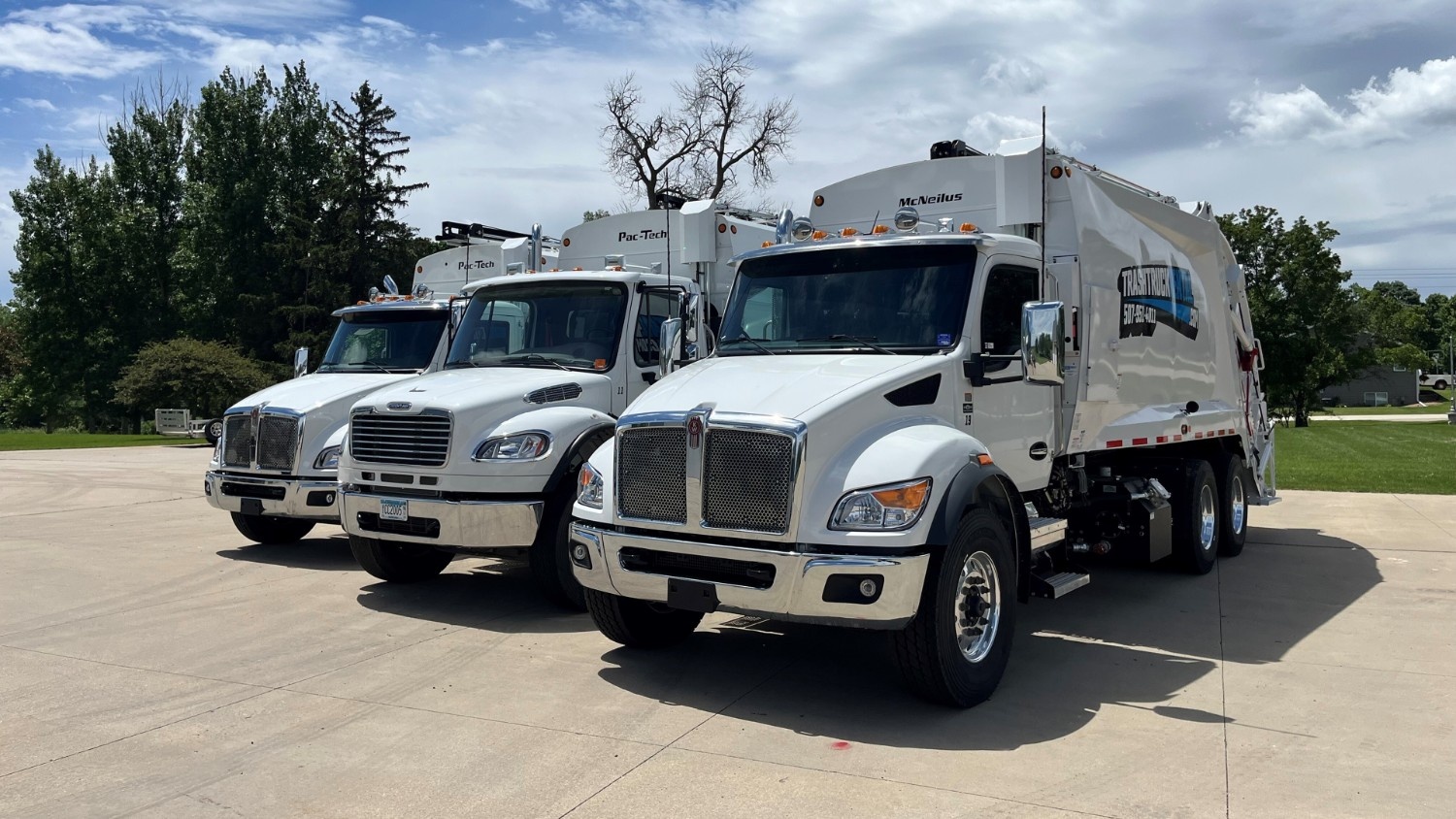
Identify and troubleshoot common garbage truck rear loader problems quickly to reduce downtime and keep your waste collection fleet running hassle free.

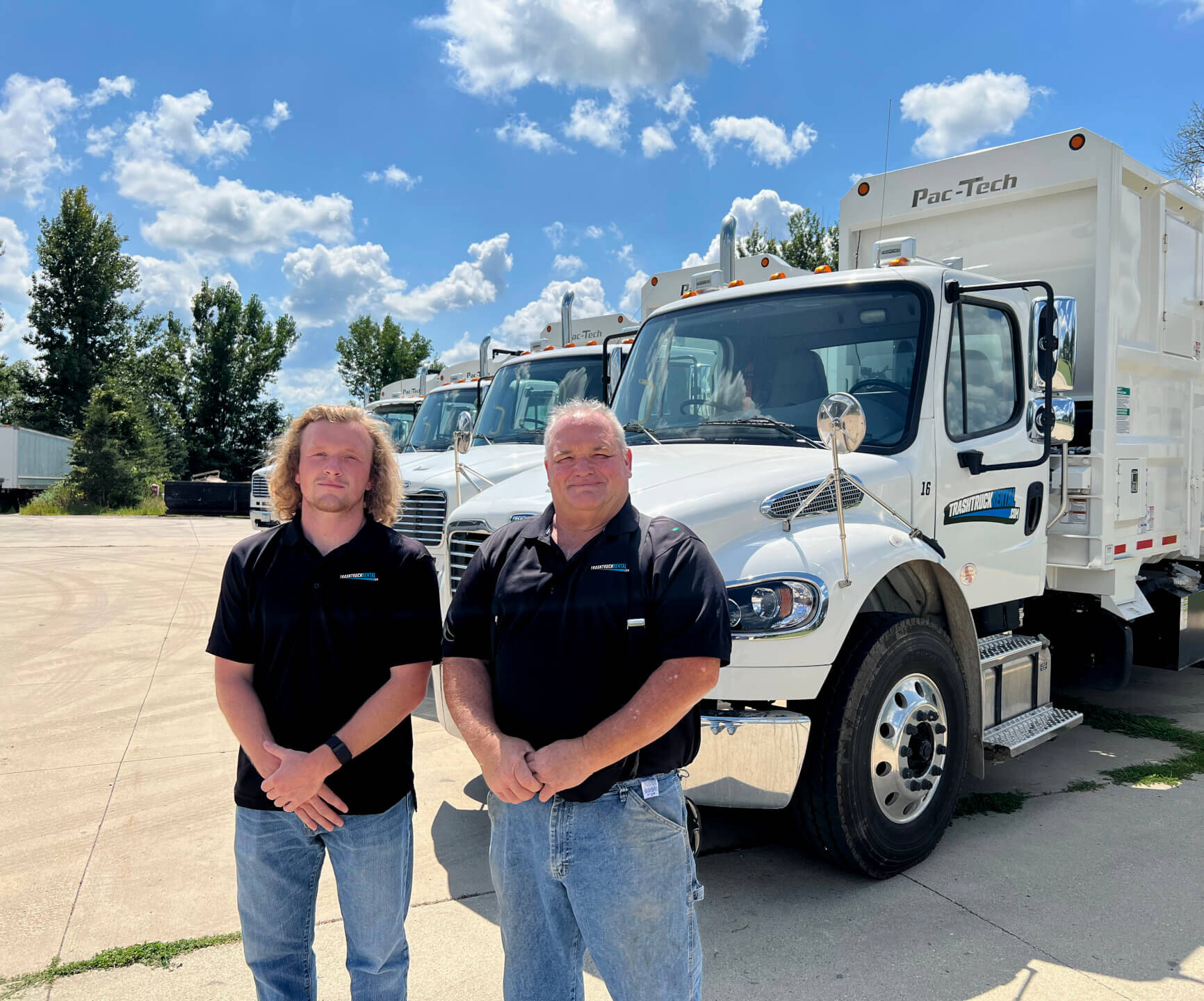
You probably recognize the sound of a garbage truck making its rounds; it’s a sign that things are running as they should. But behind that routine is a complex machine, especially the rear loader, working hard to keep neighborhoods clean.
When something goes wrong, it’s more than just a delay. A broken compactor or a tailgate that won’t close can disrupt entire routes, cause costly repairs, and affect your team’s entire day. If you manage a fleet or work in sanitation, you’re likely familiar with how often garbage truck rear loader problems come up and how they require fast decisions and practical solutions to keep things running.
Understanding the most common issues and knowing how to troubleshoot them can save valuable time, reduce downtime, and keep our communities running smoothly. Let's explore these challenges and equip you with the knowledge to tackle them head-on.
The rear of the garbage truck includes the hopper, where waste is loaded, and the tailgate, which seals the truck during transport. Rear loader garbage trucks are a key part of many waste collection fleets because they can handle different types of waste from household trash to small commercial loads. Waste is loaded into a hopper at the back, where it's compacted and pushed into the truck’s main body.
Even though these trucks do their job well, all the loading, compacting, and dumping put a lot of pressure on their mechanical, hydraulic, and electrical parts. If small issues aren't caught early, they can quickly turn into bigger problems that slow down your operations.
Now that you understand what a rear loader garbage truck is and how it operates, let’s look at some of the common issues these trucks face and how to troubleshoot them.
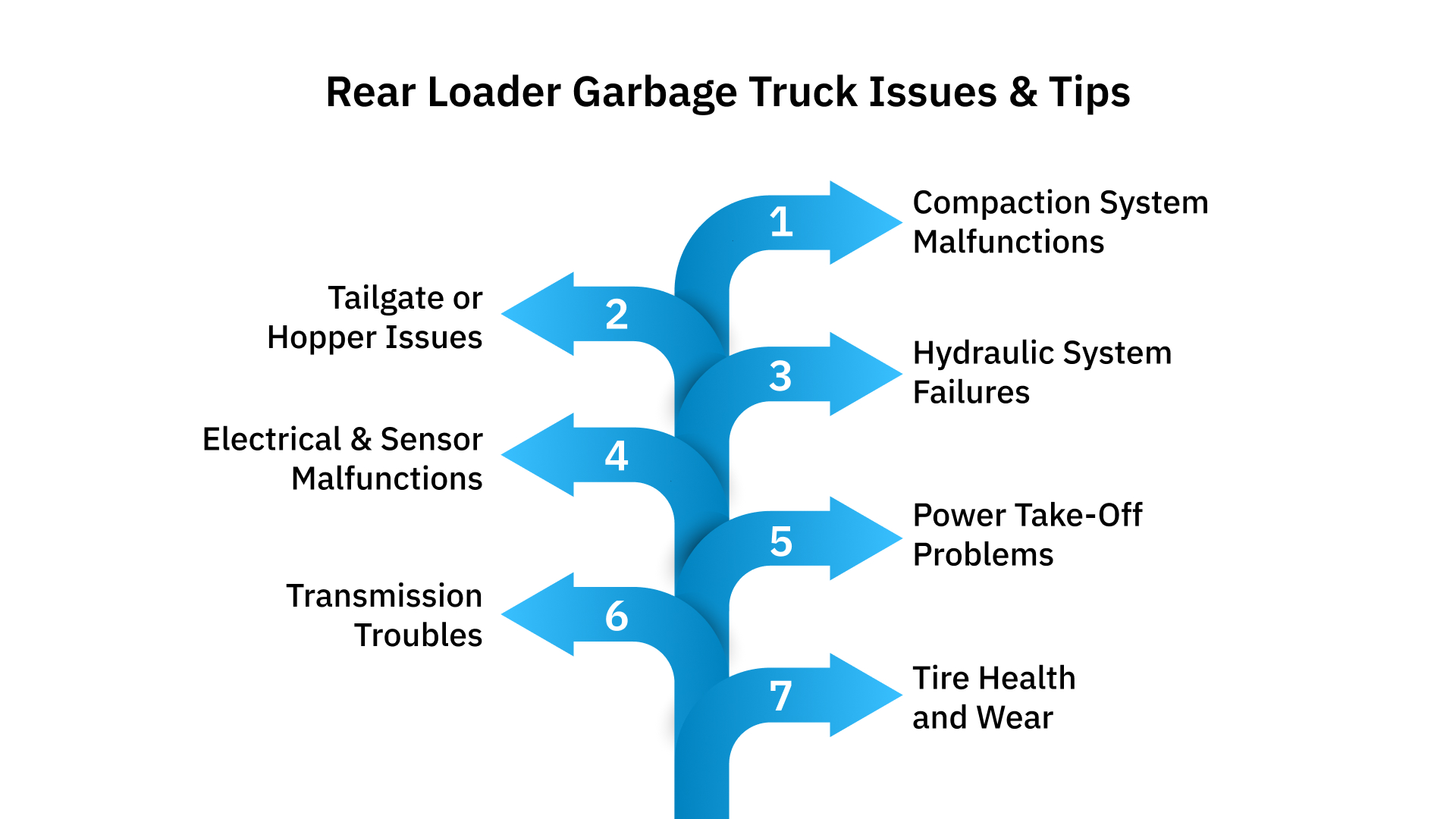
If your rear loader isn’t working like it should, it’s normally due to a few typical problems. Spotting the right signs early can help you troubleshoot faster. Here are some common issues to check first:
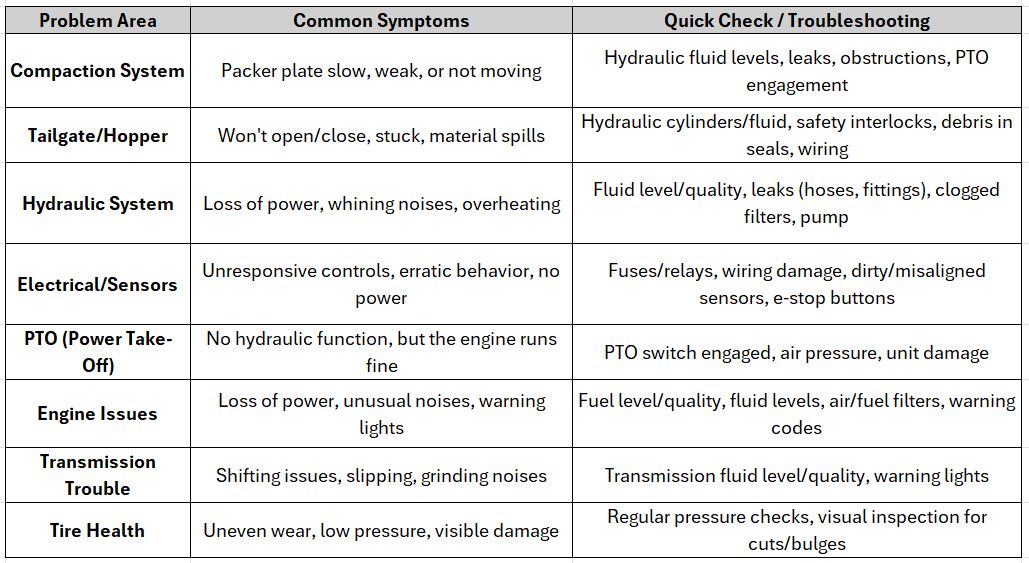
Now, that you’ve seen an overview in the table above, let’s take a closer look at each category. We’ll walk through the common issues, what causes them, and practical steps you can take to troubleshoot and resolve them effectively.
The compaction system is a key part of your truck. If the packer plate, which pushes and compresses trash, stops working properly, it can slow down operations and limit how much waste you can carry.
What to Watch For: The packer plate moves too slowly, doesn’t move with enough force, or doesn’t move at all.
How to Troubleshoot:
Your truck’s tailgate must close tightly to avoid spills and open properly to unload. The hopper, the part where trash is first collected, also needs to work smoothly without blockages.
What to Watch For: The tailgate might get stuck or won’t open/close, and the hopper mechanism can stop working.
How to Troubleshoot:
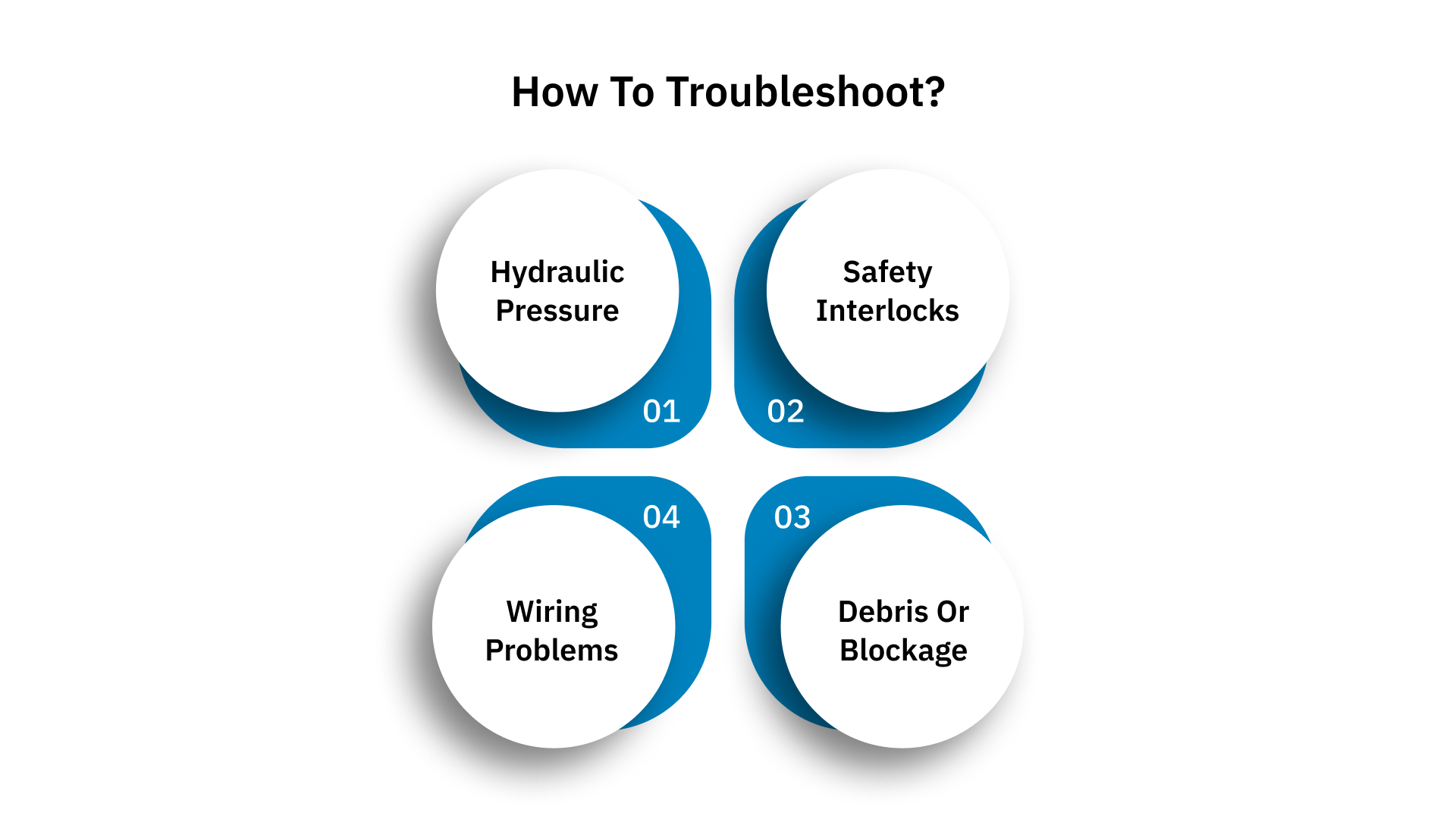
The hydraulic system powers your rear loader’s movements. Problems here can impact almost every function of the truck.
What to Watch For: You might notice weaker power, slower operation, strange whining sounds, too much heat, or visible fluid leaks.
How to Troubleshoot:
Also Read: Rear Loader Garbage Truck Safety Tips and Best Practices
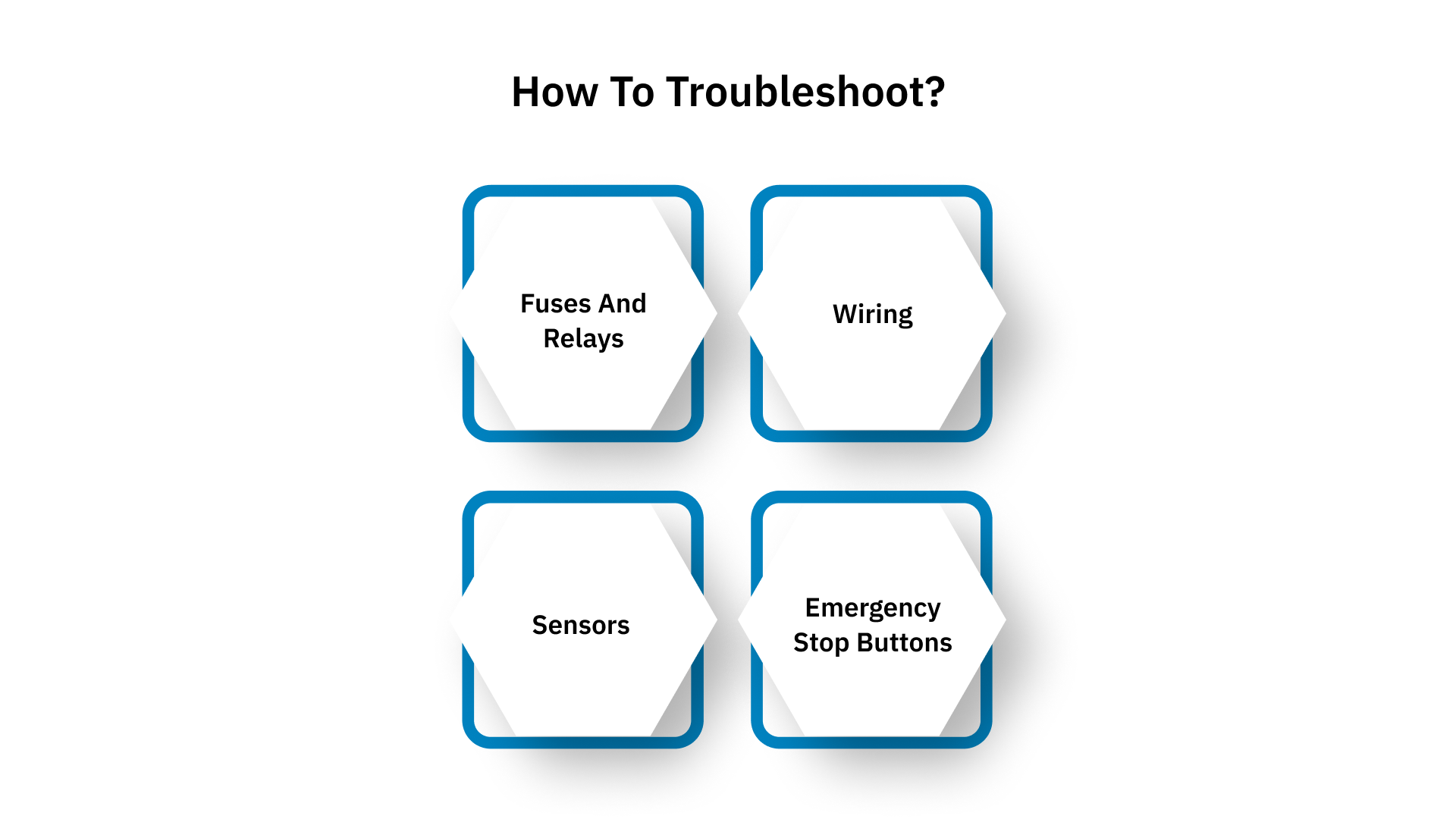
Today’s garbage trucks rely on electronics and sensors to run safely and smoothly. These systems control everything from automation to safety locks.
What to Watch For: Buttons may stop responding, warning lights appear, or safety features won’t turn off.
How to Troubleshoot:
The PTO helps run the hydraulic systems in your truck. If it’s not working, things like compacting or dumping won’t either, even if the engine is running fine.
What to Watch For:
Even if your rear loader system is fine, your truck won’t run well if the engine or transmission has issues.
What to watch for: Strange engine noises, poor shifting, reduced power, or warning lights on the dash.
How to Troubleshoot:
Heavy loads and stop-and-go driving wear down tires fast. Poor tire care is not only expensive but also dangerous.
What to Watch For: Uneven tread, frequent flats, or bulging tires.
How to Troubleshoot:
Also Read: A Guide to Different Types of Garbage Trucks
Solving issues is necessary, and that’s why proactive fleet maintenance on platforms like Trash Truck Rental is so valuable. Let's look at the importance of proactive maintenance and why it’s the key to keeping your garbage trucks running safely and efficiently over the long term.
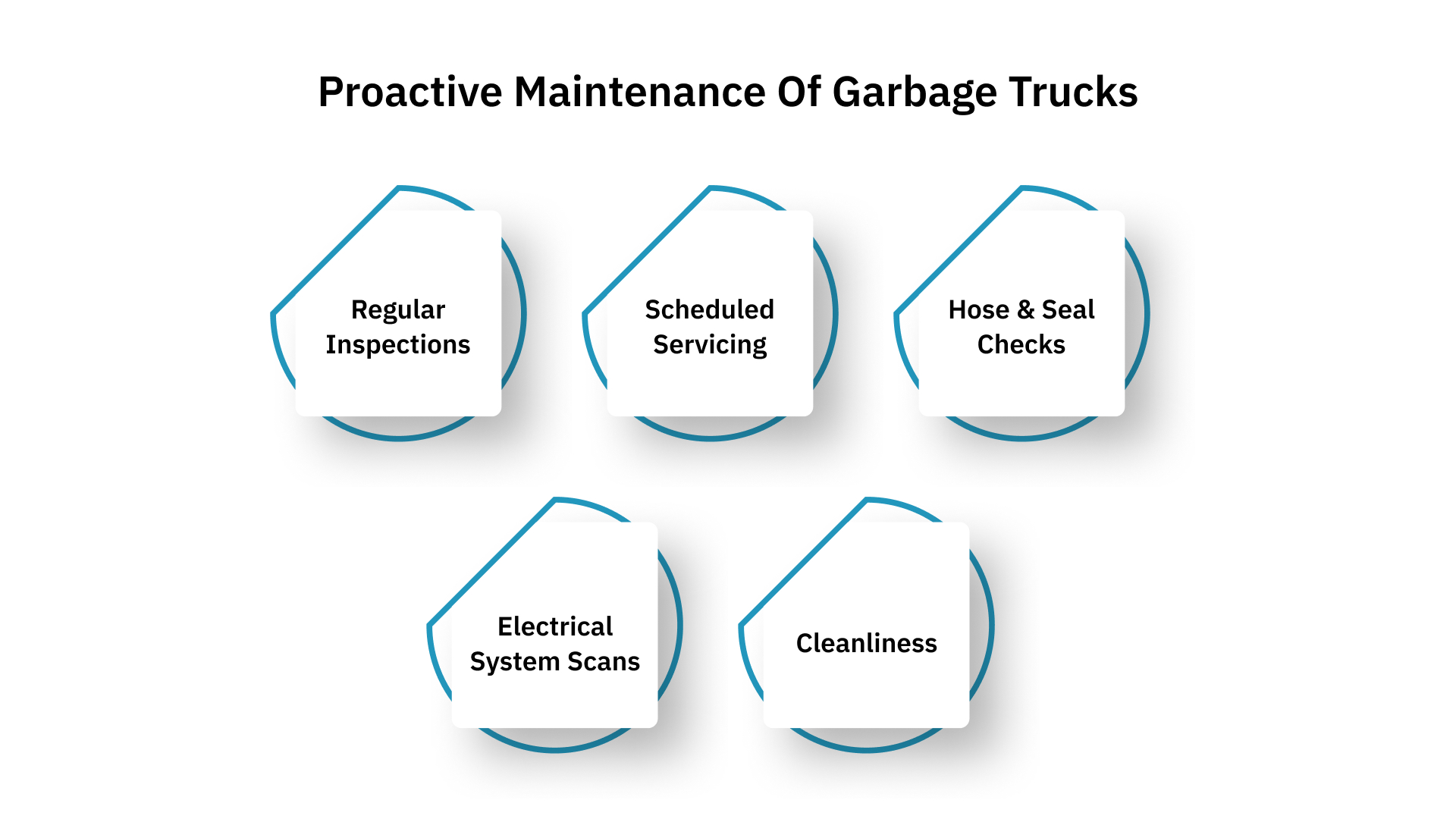
While troubleshooting guides are helpful, the best defense against garbage truck rear loader problems is a strong offense: consistent preventive maintenance.
Staying proactive with maintenance is key to long-term performance. For added flexibility and support when you need it, Trash Truck Rental can be part of your ongoing solution.
As a fleet manager, operations lead, or executive in waste management, you know how important it is to keep things running smoothly even when equipment problems arise. At Trash Truck Rental, with 20 years of experience and trust earned from our clients, we understand your pain. Your success depends on having trucks you can count on.
With Trash Truck Rental, you’re not just renting a truck; you’re gaining a dependable partner in keeping your operations strong and your customers satisfied. Get in touch with us today.
The challenges of maintaining a fleet of rear loader garbage trucks are real, but with a solid understanding of common issues, a proactive maintenance approach, and access to reliable support, these problems become manageable. Remember, every functioning garbage truck is a testament to the dedication of those who keep our neighborhoods clean and healthy. By staying informed and prepared, fleet managers and crews can ensure these essential vehicles continue their vital work, keeping America's communities running smoothly.
At Trash Truck Rental, reliability is our top priority. Every truck in our rental and sales fleet undergoes rigorous, scheduled maintenance and thorough inspections to ensure peak performance and minimal downtime. Whether you choose to rent or purchase, you can trust us to provide reliable, thoroughly inspected trucks that keep your operations moving efficiently.
Need a truck that fits your timing and budget? Review our lease and purchase options to find the one that works best for your team. Not sure where to begin? Call us at 507-951-4011 or send an email to sales@trashtruckrental.com to request a quote. We’ll guide you through your options and help you find the right fit for your project without the hassle.
A. GCWR (Gross Combined Weight Rating) is the total safe weight for your truck and load. Staying within it helps avoid damage, stay legal, and improve performance.
A. Follow the manufacturer’s guide, but monthly checkups and deeper servicing every 3–6 months are a good rule of thumb.
A. Yes. Renting is a smart choice for seasonal demand, short-term use, or when waiting for new equipment.
A. Check brakes, suspension, steering, hydraulics, electricals, fluids, and the chassis. Certified technicians should handle the detailed checks.
A. Maintenance software and telematics can alert you to service needs, reduce downtime, and improve efficiency.
A. The average lifespan of a rear loader garbage truck can vary significantly, typically ranging from 10 to 15 years with consistent, proper maintenance, though some exceptionally well-cared-for units can operate for up to 20 years. In contrast, fleets with less rigorous maintenance or very demanding routes might find a useful life closer to 7 years.
Ready to Upgrade Your Process Operations?